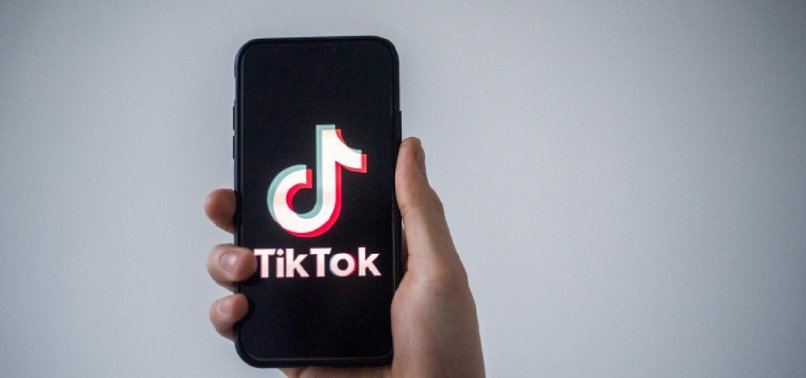TikTok has announced new restrictions on the use of beauty filters for teenage users in an effort to promote a safe digital space. This decision comes in response to growing concerns about the impact of digital editing tools on young people’s self-esteem and body image.
The new policy will limit the availability of beauty filters for users aged 16 and under, requiring them to opt-in to access these features.
Read also: NITDA, TikTok push for online safety and digital literacy in Nigeria with “Safer Together” campaign
TikTok is addressing mental health concerns
Research has shown that exposure to heavily edited images can negatively affect teenagers’ self-perception. By restricting access to beauty filters, TikTok aims to reduce the pressure on young users to conform to idealised beauty standards.
This initiative is particularly relevant in Africa, where social media usage among youths is rapidly increasing. As more teenagers engage with platforms like TikTok, it becomes crucial to ensure that their online experiences support their mental well-being.
TikTok’s new policy also aligns with similar efforts by other social media companies. Platforms such as Instagram and Snapchat have implemented measures to promote authenticity and discourage harmful comparisons among users. By taking proactive steps, TikTok hopes to lead the conversation around healthy online interactions.
Read also: TikTok deletes 12 million videos across Africa, enforces stricter age rules
The role of parents and guardians
With the introduction of these restrictions, TikTok encourages parents and guardians to engage in conversations with their teens about social media usage. Educating young users about the potential impacts of beauty filters can empower them to make informed choices regarding their online presence. TikTok also plans to provide resources for families to help navigate discussions about body image and self-esteem.
TikTok’s implementation of new restrictions on beauty filters for teens marks a significant step toward promoting mental health and well-being among young users.
By limiting access to these features, the platform aims to foster a more authentic online environment that prioritises self-acceptance over unrealistic beauty standards.
As social media continues to play a pivotal role in shaping perceptions of beauty, initiatives like this are essential in supporting the mental health of today’s youth.
















